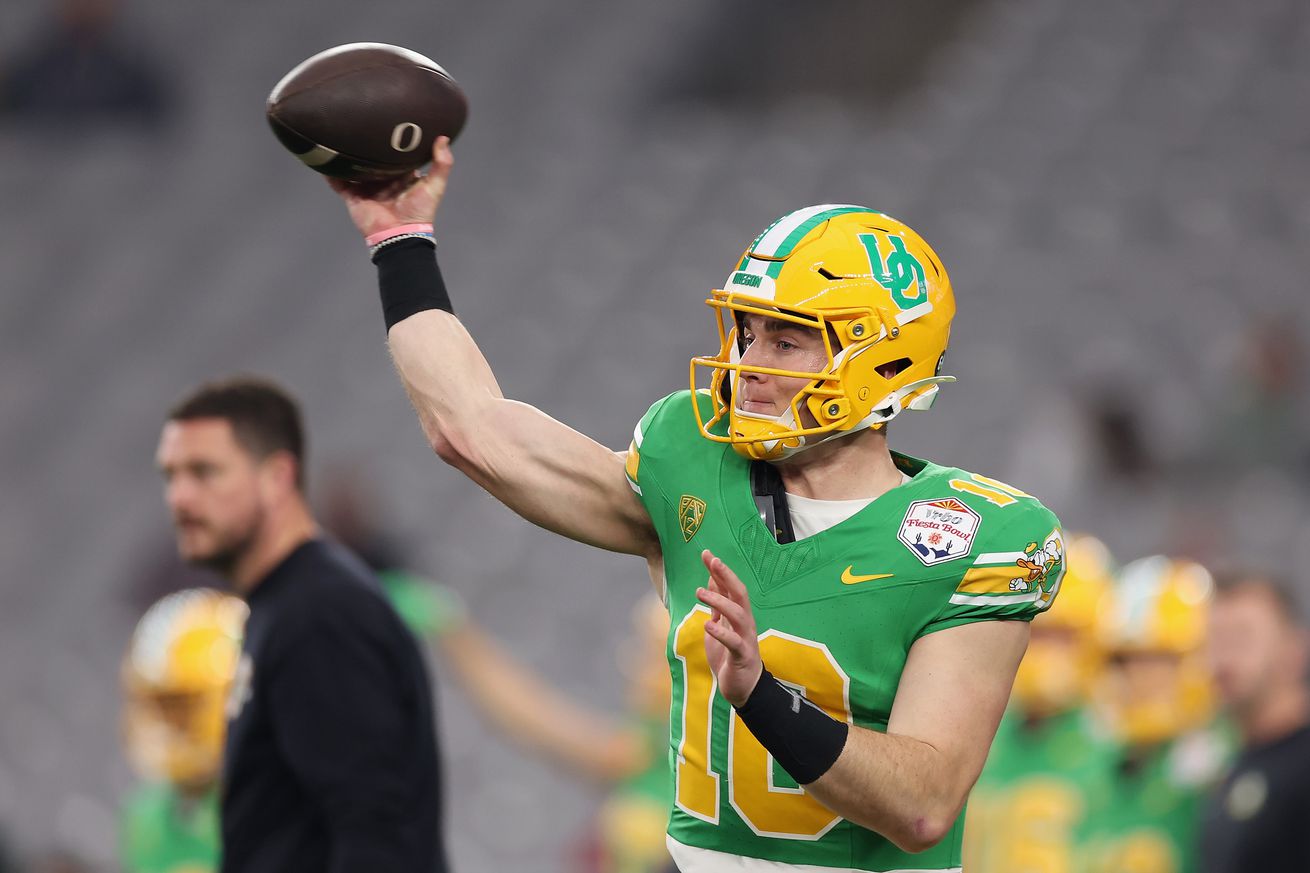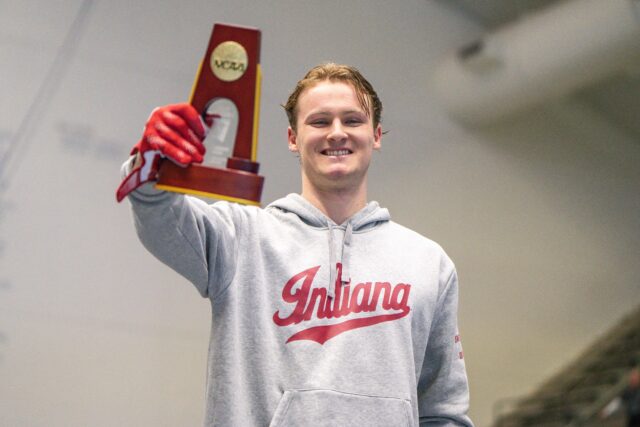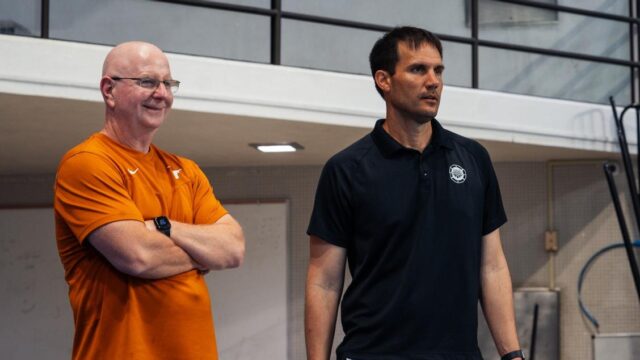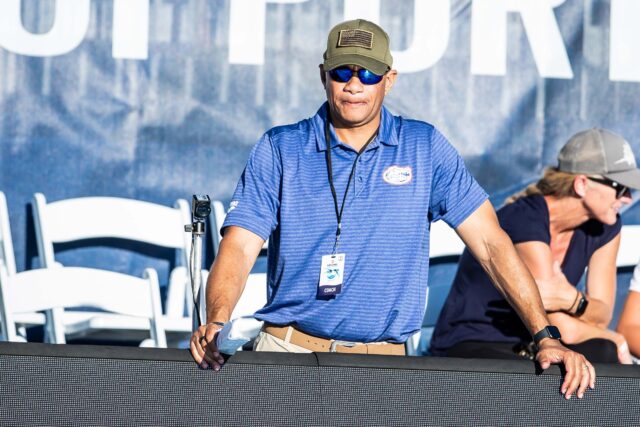
While sport is a common language, some phrases can get lost in translation – but a new dictionary of table tennis aims to change all that.
Written by Dieter Lippelt and Dirk Siepmann, the dictionary translates the language of our sport into English, German and French and is aimed at various target audiences, including table tennis players, officials, journalists who use multiple languages, and language enthusiasts interested in sports language.
It provides an in-depth record of the language of table tennis as it is spoken and written and includes more than 5,000 words and phrases and more than 3,000 example sentences.
The dictionary took around eight months to complete and is a partnership between two men who are steeped in the sport.
Dieter Lippelt played in the German Bundesliga for seven years, becoming a team champion. He is also a seven-time world veterans’ champion and has a collection of more than 8,500 different table tennis balls. Away from the sport, he taught French and geography in Germany and authored a German-French dictionary of geography.
Dirk Siepmann is professor of English as a second language at the University of Osnabrück and the author of a respected dictionary of academic language in Germany. He is also a passionate table tennis player who represented the University of Durham, winning a bronze medal in a British University Championships, and has played league table tennis in his home country.
They decided to collaborate on the table tennis dictionary when it became clear that, during their careers and studies, they had each amassed their own written collections of table tennis terminology across German, English and French – in Dieter’s case a shoebox filled with English terms on scraps of paper.
Alongside their shared love of language, this created the spark to begin to combine their knowledge – and they used modern computer technology to analyse everyday language in all three countries to unearth more phrases.
Dirk said: “We relied on our two collections, working our way through them systematically from A to Z. At the same time, we added new material from electronic corpora that we compiled from table tennis forums, table tennis magazines and specialist literature. For instance, if we found only the noun relegation in the collections, we attempted to identify all typical word groups centred around relegation, such as relegation trouble, relegation candidate, or flirting with relegation.”
Dieter added: “Defining the words was not much of an issue since we were able to refer to rulebooks and catalogues. However, finding equivalents was often more challenging. One way of doing this is to search for adjectives that co-occur with nouns; for example, we started with the German word group angetäuschter Topspin (faked topspin) and looked for adjective-noun combinations in English that expressed the same meaning (eg, dummy loop).
“Idiomatic expressions were more challenging, as we sometimes had to laboriously watch videos or read table tennis books or magazines until we found the appropriate expression, such as the French verb écarter for the English phrase play/attack to the other corner.
“Our dictionary stands out as the first comprehensive multilingual documentation of table tennis language, going beyond single words to provide detailed information on word combinations, such as powerful shot, catch up on one’s backlog of fixtures, and recover to the ready position.”
“We present many words within typical example sentences and occasionally use historical examples to characterise certain types of players, such as Eberhard Schöler, the runner-up in the 1969 World Championships, as a prime example of the ability to concentrate (Konzentrationsfähigkeit in German).”
The dictionary is available on Amazon – click here for details.
The universal language of table tennis features in new dictionary Table Tennis England.



















You must be logged in to post a comment Login